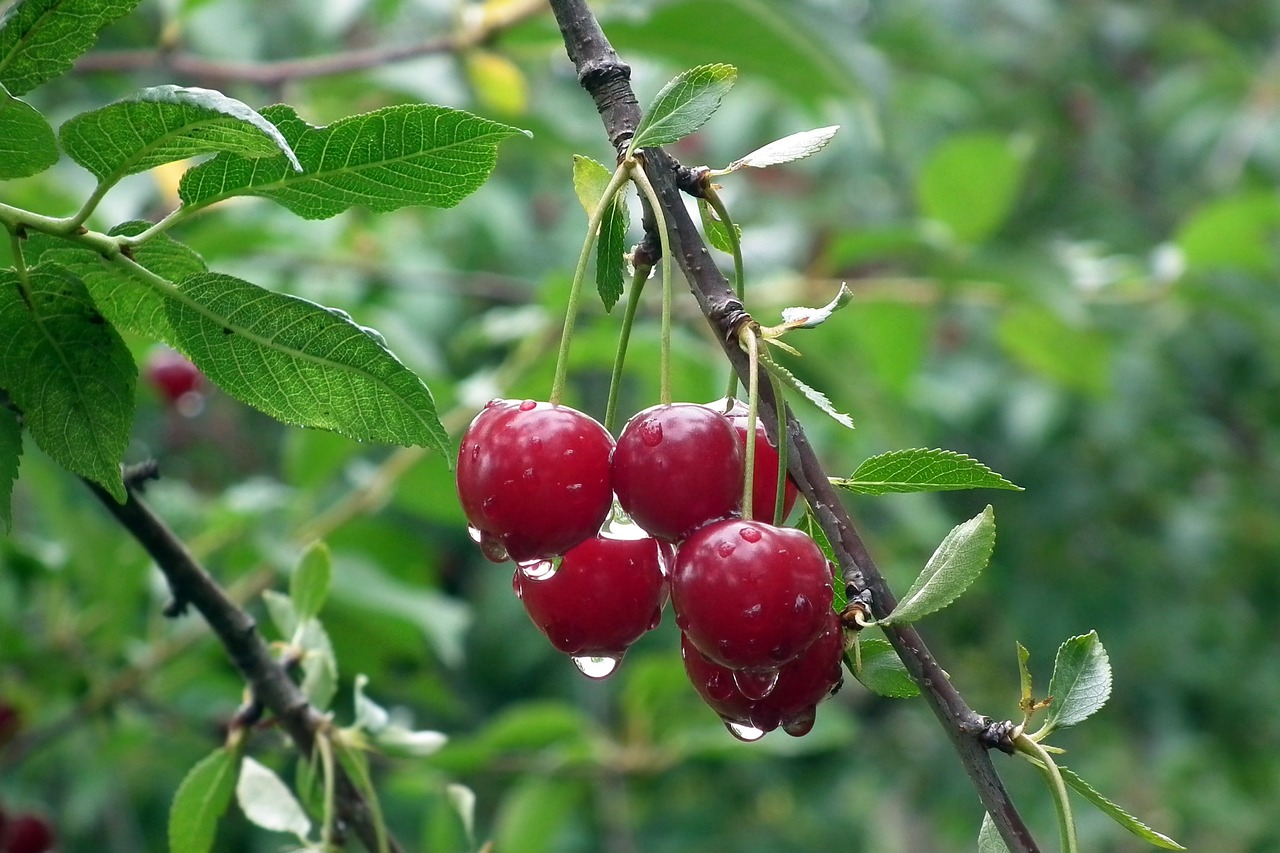Exploring Food Industry Initiatives to Address Food Security in Indigenous Reserves
Access to affordable and nutritious food remains a pressing issue for many Indigenous reserves. Limited economic opportunities and geographic isolation often result in higher food prices and decreased availability of fresh produce and essential food items. Additionally, the lack of infrastructure, such as grocery stores and reliable transportation systems, further exacerbates the challenges faced by Indigenous communities in securing adequate food supplies.
Furthermore, the historical displacement of Indigenous populations from their traditional lands has disrupted their ability to practice sustainable food systems and engage in traditional food harvesting practices. This loss of connection to their cultures and traditional food sources not only impacts the physical health of Indigenous peoples but also contributes to the erosion of their cultural identities and knowledge systems related to food security.
• Limited economic opportunities and geographic isolation lead to higher food prices
• Decreased availability of fresh produce and essential food items
• Lack of infrastructure like grocery stores and reliable transportation systems exacerbates challenges faced by Indigenous communities
• Historical displacement from traditional lands disrupts ability to practice sustainable food systems
• Loss of connection to cultures and traditional food sources impacts physical health and cultural identities
Historical Context of Food Insecurity in Indigenous Communities
Food insecurity in Indigenous communities has been a persistent issue with roots that stretch far back in history. Colonization, forced relocation, suppression of traditional food practices, and discriminatory policies have all contributed to the disruption of food systems and access to nutritious foods for Indigenous peoples. These historical traumas have had long-lasting effects on the ability of Indigenous communities to sustain themselves through traditional means of food production and procurement.
Additionally, the imposition of Western dietary practices and the introduction of government-issued food aid programs have further exacerbated food insecurity in Indigenous communities. Limited access to affordable, fresh, and culturally appropriate foods, combined with high rates of poverty and unemployment, have created a cycle of food insecurity that is deeply entrenched in the social and economic fabric of many Indigenous reserves. This complex historical context underscores the need for comprehensive and culturally sensitive approaches to addressing food security issues in Indigenous communities.
Current Initiatives by Food Industry to Address Food Security in Indigenous Reserves
In recent years, the food industry has been increasingly recognizing the importance of addressing food security in Indigenous reserves. Various companies and organizations have launched initiatives aimed at providing better access to nutritious and culturally appropriate food for Indigenous communities. These initiatives often involve collaborating with local leaders and organizations to develop sustainable solutions that meet the unique needs of each community.
One notable initiative is the partnership between several food manufacturers and Indigenous communities to support local food production and distribution. By working together, these companies are not only helping to improve food security but also empowering Indigenous peoples to take control of their own food systems. Moreover, these initiatives are helping to foster greater understanding and respect for Indigenous food traditions and knowledge within the broader food industry.
What are some key challenges faced by Indigenous reserves in terms of food security?
Some key challenges include limited access to affordable and nutritious food, inadequate infrastructure for food storage and distribution, and a lack of culturally appropriate food options.
Can you provide some historical context on food insecurity in Indigenous communities?
Historically, Indigenous communities have faced food insecurity due to colonization, forced relocations, loss of traditional hunting and fishing grounds, and government policies that disrupted food systems.
What are some current initiatives being undertaken by the food industry to address food security in Indigenous reserves?
Some current initiatives include partnering with Indigenous communities to co-create sustainable food systems, supporting local food production and procurement, and providing training and resources for food sovereignty initiatives.







